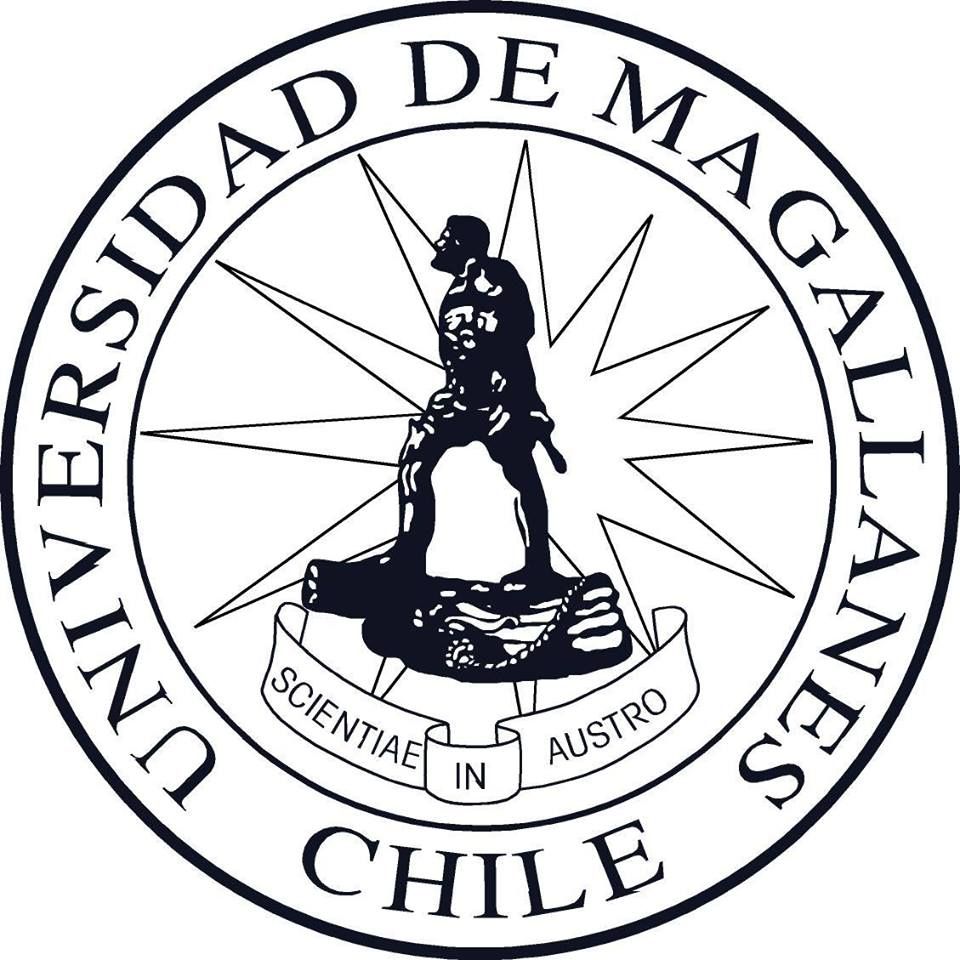预约演示
更新于:2025-05-07

Universidad de Magallanes
更新于:2025-05-07
概览
关联
3
项与 Universidad de Magallanes 相关的临床试验NCT05855382
A Prevalence Study of Persistent COVID-19 in Punta Arenas, Magallanes and Chilean Antarctic Region
This cross-sectional observational study aims to determine the prevalence of Persistent COVID-19 in 282 individuals in Punta Arenas, Magallanes and Chilean Antarctic Region. Persistent COVID-19 is a complex array of symptoms that persist or emerge for more than 4 weeks beyond SARS-CoV-2 infection. Recent studies suggest that up to 80% of survivors may develop chronic multi-organ dysfunction due to persistent inflammation and immune dysregulation, making it an ongoing public health concern worldwide.
The study aims to (1) describe and establish the frequency of physical and psychological signs and symptoms in adult patients who have tested positive for COVID-19, (2) identify individuals who meet the WHO case definition of Persistent COVID-19 in Chile, (3) explore risk factors associated with persistent COVID-19 to guide intervention strategies, and (4) explore inflammatory and molecular biomarkers associated with persistent COVID-19.
The research project utilizes a stratified random sampling with a mixed-methods embedded design. In the first phase, individuals diagnosed with COVID-19 will be recruited and followed up to complete the study's sample universe. A sociodemographic survey, blood sampling (including complete blood count, biochemical profile, immunoglobulin mutational status analysis, and analysis of inflammatory biomarkers), and a battery of psychological tests will be administered. In the second phase, kinesiology studies and medical consultation and evaluation will be conducted to determine if individuals have Persistent COVID-19 and to derive them to the healthcare network. In the final follow-up phase, participants diagnosed with Persistent COVID-19 will be invited to undergo musculoskeletal and respiratory assessments to complete the diagnosis of symptoms associated with the pathology.
The study aims to (1) describe and establish the frequency of physical and psychological signs and symptoms in adult patients who have tested positive for COVID-19, (2) identify individuals who meet the WHO case definition of Persistent COVID-19 in Chile, (3) explore risk factors associated with persistent COVID-19 to guide intervention strategies, and (4) explore inflammatory and molecular biomarkers associated with persistent COVID-19.
The research project utilizes a stratified random sampling with a mixed-methods embedded design. In the first phase, individuals diagnosed with COVID-19 will be recruited and followed up to complete the study's sample universe. A sociodemographic survey, blood sampling (including complete blood count, biochemical profile, immunoglobulin mutational status analysis, and analysis of inflammatory biomarkers), and a battery of psychological tests will be administered. In the second phase, kinesiology studies and medical consultation and evaluation will be conducted to determine if individuals have Persistent COVID-19 and to derive them to the healthcare network. In the final follow-up phase, participants diagnosed with Persistent COVID-19 will be invited to undergo musculoskeletal and respiratory assessments to complete the diagnosis of symptoms associated with the pathology.
开始日期2023-05-15 |
申办/合作机构 |
NCT05932797
EVALUATION AND IMPLEMENTATION OF A MULTIMODAL INTERVENTION TO REDUCE SYMPTOMS OF LONG COVID/PROLONGED COVID IN THE ADULT POPULATION OF PUNTA ARENAS, CHILE.
Due to the COVID-19 pandemic, the world has seen the need to identify groups of patients who experience various effects in the medium and long term after recovering from the initial illness. These medium- and long-term effects are collectively known as the post-COVID-19 condition, Long-COVID, or prolonged COVID. Current evidence indicates, with conservative estimates, that between 10% and 20% of the population could be affected. Its nature is varied and ranges from physical conditions such as chronic fatigue, dyspnea and muscle weakness, to neurocognitive (compromised memory, decreased concentration) and psychological (anxiety, depression, anguish, stress). Early recognition and treatment of this symptom burden is essential for physical recovery and mental health. Due to its multivariate nature, it has been suggested that optimal recovery of patients' quality of life would only be achieved to the extent that their main symptoms are addressed from an interdisciplinary perspective.
开始日期2023-05-03 |
申办/合作机构 |
NCT05598892
Hand Rehabilitation Based on a RobHand Exoskeleton in Stroke Patients: a Case Series Study
The following study seeks to provide information regarding to the RobHand exoskeleton for hand neuromotor maintenance and/or rehabilitation, developed by the University of Valladolid, Spain.
开始日期2021-03-01 |
申办/合作机构 |
100 项与 Universidad de Magallanes 相关的临床结果
登录后查看更多信息
0 项与 Universidad de Magallanes 相关的专利(医药)
登录后查看更多信息
1,936
项与 Universidad de Magallanes 相关的文献(医药)2025-12-31·Ecosystems and People
The role of wetland birds in biocultural conservation: analysing global discourses and practices on species and ecosystems
作者: Araneda, Paola ; Ibarra, José Tomás ; Pizarro, José Cristóbal ; Bridgewater, Peter
2025-08-01·Journal of Critical Care
Letter to the Editor: “Understanding ventilator-induced lung injury: The role of mechanical power”
Letter
作者: Santa Cruz, R ; Esquinas, A M
2025-06-01·Journal of Electromyography and Kinesiology
Effects of neuromuscular training on proprioception and muscular reaction time in older woman: Randomized controlled trial
Article
作者: -Muñoz, Eduardo Guzmán ; Valdés-Badilla, Pablo ; Piñero, José Castro ; Núñez-Espinosa, Cristian ; Celis-Morales, Carlos ; Cigarroa, Igor ; Alarcón-Rivera, Miguel ; Salazar-Méndez, Joaquín ; Concha-Cisternas, Yeny
100 项与 Universidad de Magallanes 相关的药物交易
登录后查看更多信息
100 项与 Universidad de Magallanes 相关的转化医学
登录后查看更多信息
组织架构
使用我们的机构树数据加速您的研究。
登录
或

管线布局
2026年02月08日管线快照
无数据报导
登录后保持更新
药物交易
使用我们的药物交易数据加速您的研究。
登录
或

转化医学
使用我们的转化医学数据加速您的研究。
登录
或

营收
使用 Synapse 探索超过 36 万个组织的财务状况。
登录
或

科研基金(NIH)
访问超过 200 万项资助和基金信息,以提升您的研究之旅。
登录
或

投资
深入了解从初创企业到成熟企业的最新公司投资动态。
登录
或

融资
发掘融资趋势以验证和推进您的投资机会。
登录
或

生物医药百科问答
全新生物医药AI Agent 覆盖科研全链路,让突破性发现快人一步
立即开始免费试用!
智慧芽新药情报库是智慧芽专为生命科学人士构建的基于AI的创新药情报平台,助您全方位提升您的研发与决策效率。
立即开始数据试用!
智慧芽新药库数据也通过智慧芽数据服务平台,以API或者数据包形式对外开放,助您更加充分利用智慧芽新药情报信息。
生物序列数据库
生物药研发创新
免费使用
化学结构数据库
小分子化药研发创新
免费使用